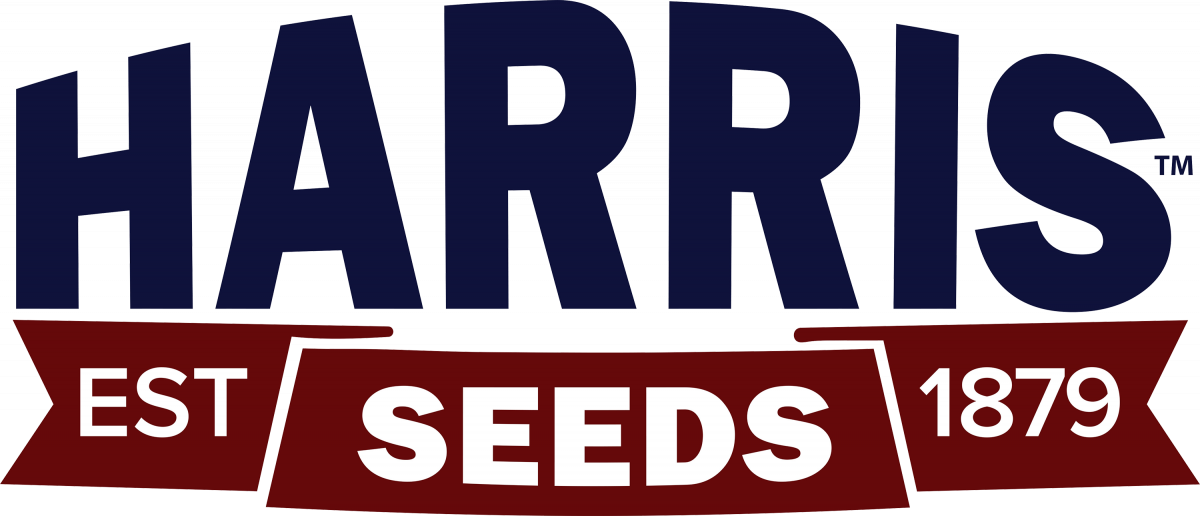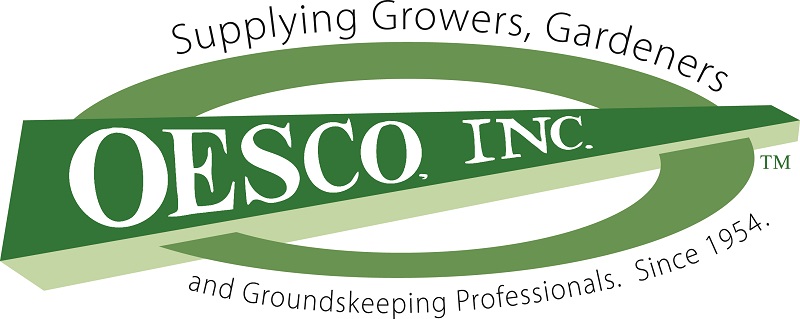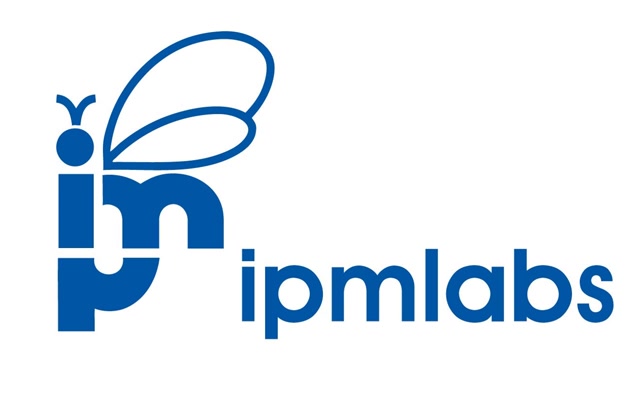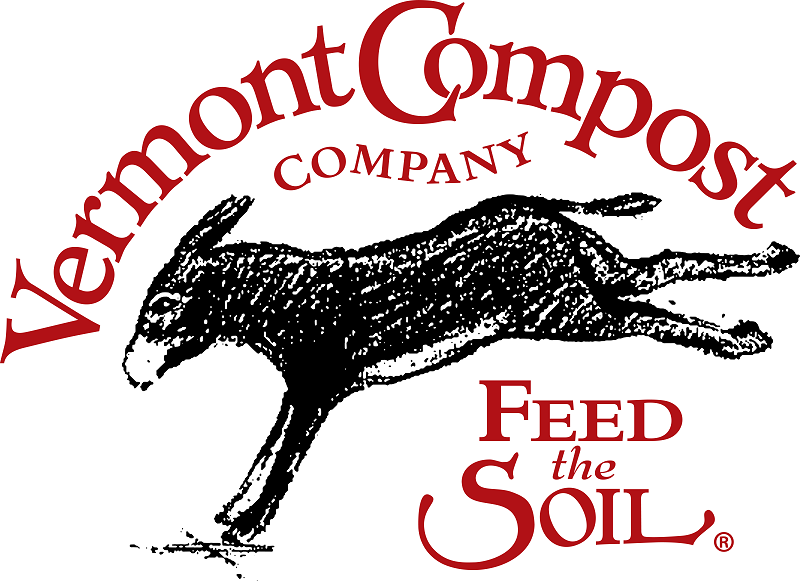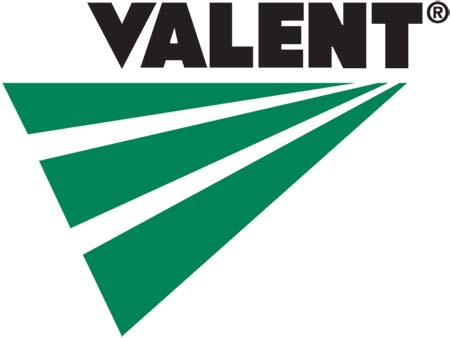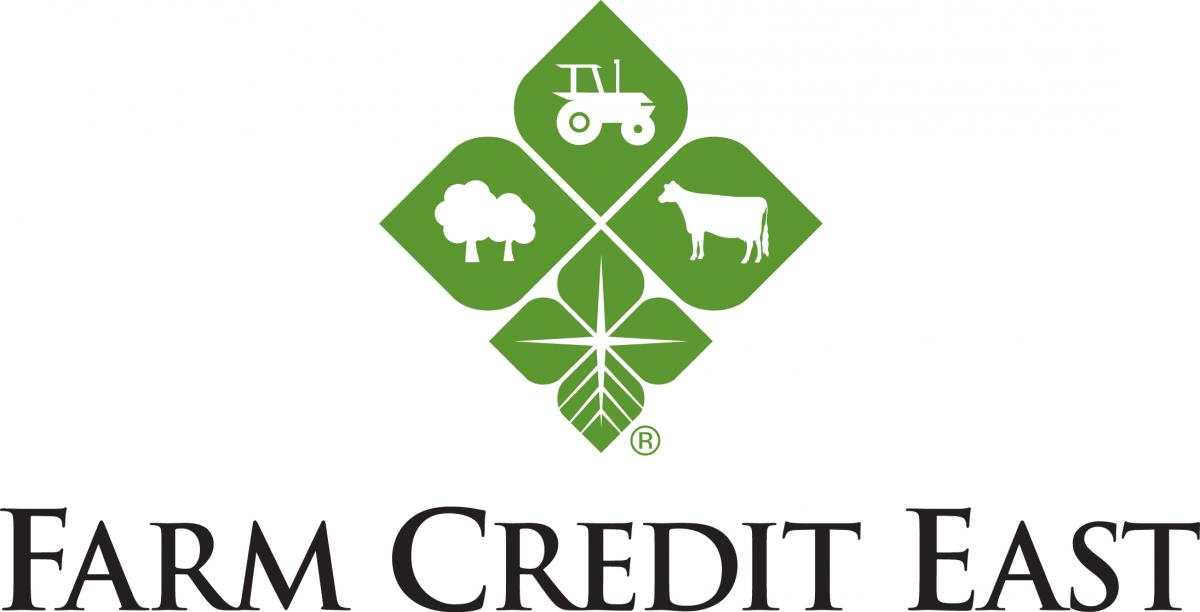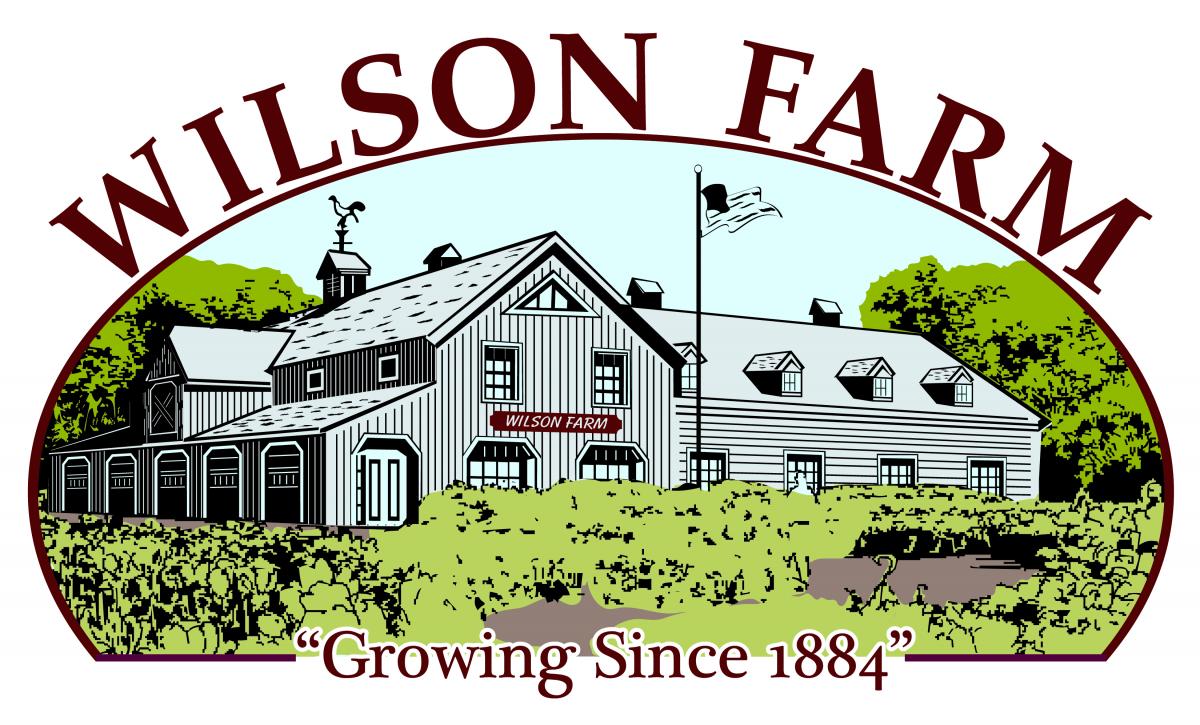To print this issue, either press CTRL/CMD + P or right click on the page and choose Print from the pop-up menu.
Click on images to enlarge.

Crop Conditions
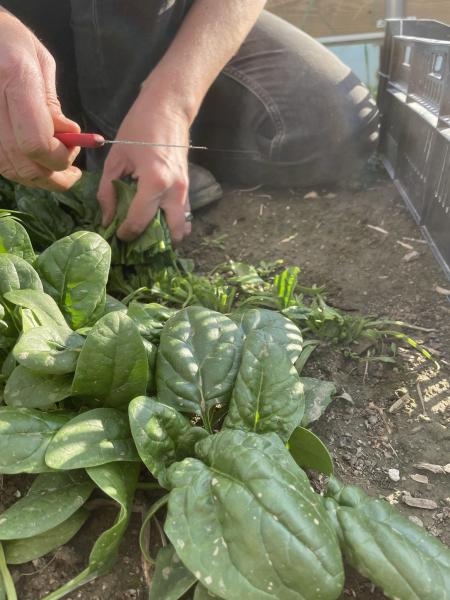 Although the arctic cold, snow, and ice continue, spring is somehow still right around the corner. Winter greens are still rocking despite the cold, and the longer days have brought more rapid growth in recent weeks. Meanwhile in the greenhouse, the earliest seeds are being started—onions and greens. Growers who have supplemental lighting in addition to heat in their greenhouses are watching the earliest tomato transplants size up—they will be ready to plant into heated tunnels at the end of this month when the day length and light intensity start to really increase. Other sure signs of spring? Seed catalogs! Folks are busy finishing up their crop plans and ordering seeds and supplies. We are still busy giving presentations and attending grower meetings across the state and region: last week we were in Hudson Valley, NY and on Martha’s Vineyard, and coming up next week you can catch Veg Team staff at the two MDAR Ag Resource Fairs (February 18 in Northampton and February 21 in Essex) and a full-day grower meeting in Shirley, MA on February 22, and the New Hampshire Veg and Berry Growers Meeting in March. We're also excited to be hiring a Farm Energy & Agricultural Engineering Specialist at UMass Extension—see the News section of this issue for more information!
Although the arctic cold, snow, and ice continue, spring is somehow still right around the corner. Winter greens are still rocking despite the cold, and the longer days have brought more rapid growth in recent weeks. Meanwhile in the greenhouse, the earliest seeds are being started—onions and greens. Growers who have supplemental lighting in addition to heat in their greenhouses are watching the earliest tomato transplants size up—they will be ready to plant into heated tunnels at the end of this month when the day length and light intensity start to really increase. Other sure signs of spring? Seed catalogs! Folks are busy finishing up their crop plans and ordering seeds and supplies. We are still busy giving presentations and attending grower meetings across the state and region: last week we were in Hudson Valley, NY and on Martha’s Vineyard, and coming up next week you can catch Veg Team staff at the two MDAR Ag Resource Fairs (February 18 in Northampton and February 21 in Essex) and a full-day grower meeting in Shirley, MA on February 22, and the New Hampshire Veg and Berry Growers Meeting in March. We're also excited to be hiring a Farm Energy & Agricultural Engineering Specialist at UMass Extension—see the News section of this issue for more information!
This issue is food safety focused, with a few new resources on some areas that might not get covered as often in trainings—a specific training for gleaners or farms that host them, and some new SOPs for cleaning personal items such as cell phones and gloves. And speaking of training, if you or your employees are interested in taking the Produce Safety Alliance Grower Training, we are in the middle of scheduling a couple of in-person classes for late March and early April. You can check our events page or if you want to be notified directly when the dates and locations are set, please fill out this form: UMass Produce Safety Training Interest Form.
Contact Us
Contact the UMass Extension Vegetable Program with your farm-related questions, any time of the year. We always do our best to respond to all inquiries.
Vegetable Program: 413-577-3976, umassveg@umass.edu
Staff Directory: https://ag.umass.edu/vegetable/faculty-staff
Home Gardeners: Please contact the UMass GreenInfo Help Line with home gardening and homesteading questions, at greeninfo@umext.umass.edu.
Pest Alerts
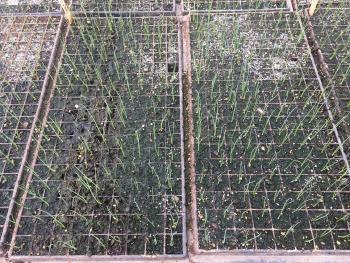 Algae in transplants: Onions and leeks are some of the earliest crops to be seeded in the greenhouse, in the first few weeks of March. Every year we get calls about poor stands and green growth or crust forming on soil in transplant trays. The green growth is algae, which can grow on any greenhouse surface and comes in on dust or in irrigation water. Algae thrives in sunny, wet areas with high organic matter, e.g. an overwatered tray full of potting media, especially if the media is compost-based or contains a lot of peat. Algae do not harm plants directly, but can slow gas exchange through media, thereby slowing root growth. Algae also attracts fungus gnats and shore flies, which not only feed on algae and other fungal growth in the growing medium, but also on plant roots, creating wounds where pathogens might gain entry into plant roots. Once you have algae, it is hard to get rid of, so how can you prevent algae from growing?
Algae in transplants: Onions and leeks are some of the earliest crops to be seeded in the greenhouse, in the first few weeks of March. Every year we get calls about poor stands and green growth or crust forming on soil in transplant trays. The green growth is algae, which can grow on any greenhouse surface and comes in on dust or in irrigation water. Algae thrives in sunny, wet areas with high organic matter, e.g. an overwatered tray full of potting media, especially if the media is compost-based or contains a lot of peat. Algae do not harm plants directly, but can slow gas exchange through media, thereby slowing root growth. Algae also attracts fungus gnats and shore flies, which not only feed on algae and other fungal growth in the growing medium, but also on plant roots, creating wounds where pathogens might gain entry into plant roots. Once you have algae, it is hard to get rid of, so how can you prevent algae from growing?
Pre-season cleaning and managing moisture are key in preventing algae in greenhouses. Algae doesn’t need potting soil to grow in a greenhouse—it can grow on any moist surface—so thoroughly cleaning and sanitizing your greenhouse benches, floors, trays, and any other surfaces in your greenhouse can help reduce algal “inoculum”. Several algicides are currently registered for greenhouse use. Disinfectants can be used as part of pre-crop cleanup program and during the cropping cycle for routine algae management. Quaternary ammonium materials (e.g. Green-Shield, Physan 20, Triathlon can be applied to floors, walls, benches, tools, pots, and flats as disinfectants. Hydrogen dioxide (e.g. ZeroTol), is a sanitizer also labeled for use on greenhouse surfaces. Read and follow directions on these products.
Manage moisture and make sure that your transplants are able to quickly take up all the water you apply when irrigating. Avoid overwatering, especially on cloudy days. Leeks and onions start out so small that if they are planted in a large cell, their roots can’t access all the water, the soil stays wet, and algae begins to grow. Leeks and onions don’t need big cells (you can use as small as 288-celled trays!) and they should transplant out well since they have big root systems. You can also achieve faster drying of soil by using lighter media and/or mixing in extra perlite to improve drainage.
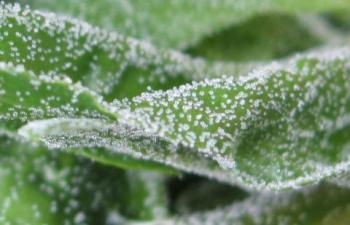 Glandular trichomes in spinach: We have received some questions about tiny, translucent spheres on spinach leaves—these are glandular trichomes, or sphere-shaped hair-like outgrowths that form on the leaf surfaces. They are often mistaken for insect eggs, aphids, or mites. They are not harmful, but some growers or customers may find them unattractive. Many types of plants produce trichomes on their leaves, of all shapes and sizes—trichomes are what make eggplant and tomato leaves fuzzy, and the chemicals in stinging nettle trichomes make our skin itch and burn. The most common function of trichomes is to protect plants from insect feeding and egg-laying—their physical presence can make it difficult for insects to reach leaf surfaces, and some trichomes contain chemicals that deter insects. In spinach, trichomes tend to be most dense on immature leaves at the center of the plant, and we hear about them most often in winter spinach as opposed to spring, summer, or fall crops. They are more common on certain varieties, but it’s not well understood whether or not there are specific environmental conditions that lead to their formation.
Glandular trichomes in spinach: We have received some questions about tiny, translucent spheres on spinach leaves—these are glandular trichomes, or sphere-shaped hair-like outgrowths that form on the leaf surfaces. They are often mistaken for insect eggs, aphids, or mites. They are not harmful, but some growers or customers may find them unattractive. Many types of plants produce trichomes on their leaves, of all shapes and sizes—trichomes are what make eggplant and tomato leaves fuzzy, and the chemicals in stinging nettle trichomes make our skin itch and burn. The most common function of trichomes is to protect plants from insect feeding and egg-laying—their physical presence can make it difficult for insects to reach leaf surfaces, and some trichomes contain chemicals that deter insects. In spinach, trichomes tend to be most dense on immature leaves at the center of the plant, and we hear about them most often in winter spinach as opposed to spring, summer, or fall crops. They are more common on certain varieties, but it’s not well understood whether or not there are specific environmental conditions that lead to their formation.
Gleaning: Produce Safety Best Practices
-Written by Meredith Melendez, Rutgers New Jersey Agricultural Experiment Station. Originally published in the Rutgers Cooperative Extension Plant & Pest Advisory, February 4, 2025. https://plant-pest-advisory.rutgers.edu/gleaning-produce-safety-best-practices/
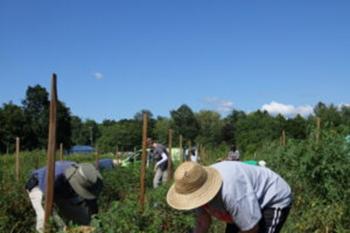 Allowing gleaners on your farm is a wonderful way to provide nutritious high-quality food to food insecure communities. Gleaners can unknowingly contaminate produce, a thirteen minute training video has been developed for volunteer gleaners focusing on produce safety. This video is available on the Rutgers NJAES YouTube site and soon on the Rutgers On-Farm Food Safety site. A companion quiz was created for use to take after watching the video to test the knowledge of the gleaner on best practices. A certificate of completion is displayed once the questions have been answered correctly. We encourage farmers and gleaning organizations to stress the importance of produce safety during the gleaning process through education and support the health and hygiene practices of gleaners. Best practices covered in the video are discussed in the Q&A below.
Allowing gleaners on your farm is a wonderful way to provide nutritious high-quality food to food insecure communities. Gleaners can unknowingly contaminate produce, a thirteen minute training video has been developed for volunteer gleaners focusing on produce safety. This video is available on the Rutgers NJAES YouTube site and soon on the Rutgers On-Farm Food Safety site. A companion quiz was created for use to take after watching the video to test the knowledge of the gleaner on best practices. A certificate of completion is displayed once the questions have been answered correctly. We encourage farmers and gleaning organizations to stress the importance of produce safety during the gleaning process through education and support the health and hygiene practices of gleaners. Best practices covered in the video are discussed in the Q&A below.
How should a farm support gleaner health and hygiene?
The gleaning organization should be aware of what you expect to supply gleaners while they are at your farm and know what they need to provide themselves.
- Restrooms and hand washing stations should be available in the location that gleaning will take place
- Restrooms and handwashing stations should be stocked and ready to use
- First aid supplies should be provided at a central location
What information should you supply the gleaning organization?
Clear communication channels before and during the gleaning process are important!
- The contact information of the person at the farm who is responsible in case there is an emergency, or if something goes wrong
- Location/s at the farm where gleaners are permitted to harvest
- Location of restrooms and handwashing stations
- Crops that will be harvested and any needed tools or containers that the gleaning organization should provide
- Information specific to animal activities in the field that could result in feces in the field or feeding damage from wildlife
- Any areas of the farm that gleaners must not enter
What information should the gleaning organization communicate to gleaners before they arrive at a gleaning event?
While many gleaning events happen last minute, and gleaner participation may be tentative, it is important that this information is shared with them prior to the event to help facilitate good practices.
- Signs and symptoms of illness that would prevent them from gleaning
- Appropriate clothing to wear while gleaning
- Hand jewelry should not be worn while gleaning
- Tools and gloves from home should not be used, gleaners should only use items supplied by the farm or the gleaning organization
- Snacks and non-water beverages are not permitted in the field
- The training video should be viewed prior to all gleaning participation
What information should gleaners understand about identifying produce that is safe to glean?
Gleaners should understand what produce can and cannot be harvested.
- Do not harvest produce that has fallen off of the plant and is on the ground
- Do not harvest produce that was dropped on the ground during harvest or transportation
- Do not harvest produce that is visibly contaminated with fecal matter
- Do not harvest produce that may be contaminated with fecal matter
What information should the farmer share with the gleaning coordinator and gleaners once they have arrived at the farm?
Information should be provided to gleaners at the start of the event to remind them of your expectations while gleaning. Volunteers showing up late must be informed of this same information and should know to check in with the gleaning coordinator.
- Restroom and handwashing station locations
- Importance of washing hands including when to wash them
- First aid kit and injury handling procedures
- Harvesting procedures and how to use tools if needed
- The process to avoid placing harvest containers on the ground, such as using a bottom bin to stack on top of with other bins, with the bottom bin not harvested into
- Gleaners should not use tools or gloves from home
What behaviors should I expect to see gleaners doing while gleaning to ensure produce safety?
- Not eating or drinking non-water beverages in the field
- Not eating produce while they are gleaning
- Washing hands at appropriate times:
- Prior to the start of gleaning
- After using the restroom
- After eating, drinking, smoking
- Anytime their hands may become contaminated
- Awareness of and staying away from fecal material in the field
- Communicating with the gleaning coordinator when:
- Fecal material found in the field
- An injury occurs
- Someone begins to feel ill
- Restroom or handwashing facility issues
For more information on produce safety, and details on why the above best practices were targeted for the harvesting of produce visit the Rutgers On-Farm Food Safety Essentials webpage. To access the gleaner produce safety training visit the Rutgers NJAES YouTube channel: https://www.youtube.com/watch?v=grIGTneupd8
Food Safety Risks of Personal Belongings - Factsheet and Visual SOPs
Personal items, such as cell phones, gloves, or bags, may carry microbial contaminants and pose food safety risks on farms. A new set of resources is available to help growers consider and manage those risks.
The Personal Belongings Factsheet and associated visual SOPs were created to help growers and workers consider the food safety risk of personal belongings on produce operations. The factsheet outlines suggested risk mitigation policies for various personal belongings. It can be printed out and used as an educational resource. The associated visual SOPs are meant to be printed and hung up around operations to help implement these practices.
Personal belongings covered in this factsheet include:
- cellphones,
- jewelry,
- gloves,
- personal items such as bags, clothes, lunch boxes etc.,
- shoes/boots, and
- other personal belongings to consider.
The links include:
- a printable two-page factsheet,
- the same factsheet in a one-page poster size,
- a cellphone cleaning visual SOP,
- a visual SOP on avoiding using cellphones in bathrooms,
- a watch/jewelry cleaning visual SOP, and
- a glove cleaning visual SOP.

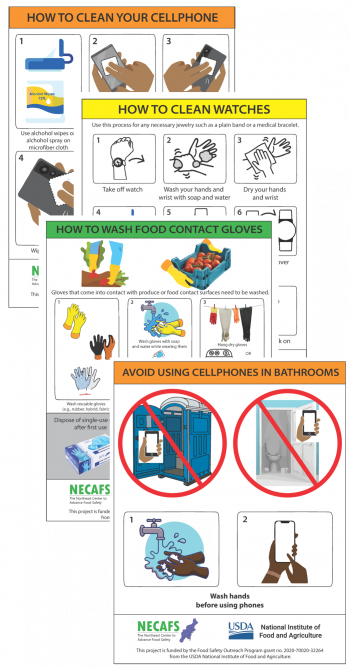
The work was completed by Anna Loewald, NECAFS/UVM, Elizabeth Newbold, NECAFS/UVM, Lisa McKeag, UMass Extension, and Robert Hadad, Cornell Extension
This project was funded by the Food Safety Outreach Program grant no. 2020-70020-32264 from the USDA National Institute of Food and Agriculture.
2025-2026 New England Vegetable Management Guide Now Available!
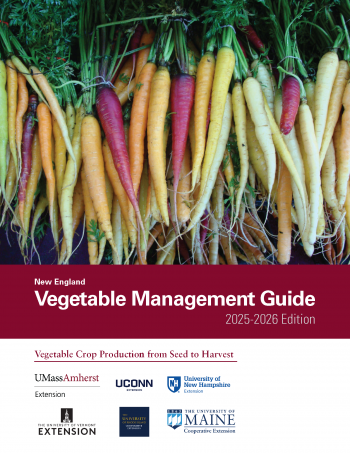 The New England Vegetable Management Guide is a comprehensive guide to current production and pest management techniques for commercial vegetable crops. There are in-depth sections on cultural practices, vegetable transplant production, integrated pest management for insects, weeds, and diseases, and on individual vegetable crops. An online version can be accessed at no cost here: nevegetable.org. It has a new look but is at the same web address as the previous guide, and has all of the same content as the hard copy.
The New England Vegetable Management Guide is a comprehensive guide to current production and pest management techniques for commercial vegetable crops. There are in-depth sections on cultural practices, vegetable transplant production, integrated pest management for insects, weeds, and diseases, and on individual vegetable crops. An online version can be accessed at no cost here: nevegetable.org. It has a new look but is at the same web address as the previous guide, and has all of the same content as the hard copy.
Cost is $40.00 plus shipping. The Guide can be purchased on its own or in combination with the Northeast Vegetable & Strawberry Pest ID photo guide for $50.
News
UMass Extension is Hiring: Farm Energy & Agriculture Engineering Specialist
We’re excited to be seeking a Farm Energy & Agriculture Engineering Specialist to join our UMass Extension team. The full-time position combines roles within the UMass Clean Energy Extension and UMass Extension Agriculture Program, and will focus on providing energy efficiency consulting, agricultural engineering expertise, and technical support to Massachusetts farmers. Key qualifications include agricultural energy and engineering experience, strong energy assessment capabilities, and excellent communication skills. Learn more and apply here: https://careers.umass.edu/amherst/en-us/job/526185/farm-energy-agriculture-engineering-specialist
University of Maryland Corn Earworm Economics Survey
A team of entomologists and Extension staff from University of Maryland is addressing threats from corn earworm (CEW). Your responses to this short survey will lead to better guidance for sweet corn growers throughout the Eastern United States. This survey is intended for fresh-market growers only.
Click here to take the survey.
Questions? Contact James MacDonald, jmacdon2@umd.edu
Organic High Tunnel Growers: Sign Up to Participate in HT Cover Crop Planting Trial – Receive Free Cover Crop Seed
The University of Minnesota and University of New Hampshire High Tunnel Cover Crops Trial is recruiting organic high tunnel growers to receive cover crop seed and participate in cover crop planting in spring and summer 2025. The project aims to enable organic high tunnel growers to reduce their dependence on purchased composts and manures by using nitrogen-fixing legume cover crops.
Upcoming planting timeslot options are:
- Early spring cover crops (planted between February 1-April 15), grown before your transplanted or late-seeded warm-season vegetable crops (e.g. tomato or fall broccoli).
- Summer cover crops (planted between May 15-July 15) grown in midsummer between your cool-season or overwinter vegetable crops (e.g. spinach).
Participating farmers will receive seed of "best bet" legume cover crops for your chosen timeslot, as well as a free soil test. To learn more about participating in the trial or to sign up, please fill out the interest form.
Lotta Agricultural Fund Offers Interest-Free Loans for Graduates of UMass Amherst
Charlotte Mignon "Lotta" Crabtree (November 7, 1847 – September 25, 1924), was a well-known American actress, entertainer, comedian, and philanthropist. Before her death in 1924 she established several charitable funds to promote veteran affairs, the performing arts, animal welfare, and agriculture, including the Lotta Agricultural Fund. The Lotta Agricultural Fund was established to provide interest-free loans to graduates of the then Massachusetts Agricultural College (Mass Aggie), which has since grown to become the University of Massachusetts Amherst. The fund has supported many farmers over the years and continues to provide 0% loans of up to $100,000 to support UMass alumni and their agricultural food production enterprises. Applications are accepted year-round. To be eligible, you must hold a degree from UMass Amherst.
For more information on this program, or with questions about applying to the Lotta Agricultural Fund visit the Lotta Agricultural Fund website or contact Amanda Brown, amandabrown@umass.edu.
MDAR Exploring Interest in Spanish Language Course
In 2024, MDAR conducted a Beginner Spanish for Farmers Market Managers Course to enhance language access at farmers markets. This year, MDAR is collecting information to better understand additional language needs at farms and farmers' markets, and to explore interest in a second iteration of a Spanish course for farmers and farmers' market managers.
If you are interested in such a course, please click here to complete this survey.
Questions? Contact Rebecca Davidson, rebecca.davidson@mass.gov
Events
UMass Extension's Pollinator Steward Certification Program
When: On demand. You will have on-demand access to lectures and course content at any time, within a defined course period. Once registered, you will have 90 days to complete course content and schedule your end-of-course meeting.
Where: Online via Canvas
Registration: $199 per person through February 28. $249 after March 1. Click here to register.
UMass Extension’s Pollinator Steward Program includes lectures on foundations of pollination ecology, unique pollinator groups, habitat provisioning, and beyond. Learn practical applications and receive checklists for provisioning resources that pollinators need to survive, such as nesting sites and floral resources. Review discussions on management, such as pruning, pesticides, aesthetics, site evaluation, and more. Students will come away with a well-rounded understanding of how to create and manage pollinator habitat, as well as educate others on the creation, maintenance, and importance of such habitats.
This course specifically highlights pollinators in and around New England, as well as regional considerations for pollinator habitat. Key concepts are applicable anywhere. This program is designed for home or community gardeners, professional landscapers, pollinator enthusiasts, or anyone else looking to learn more about pollinator ecology and habitat management!
Click here for full program agenda.
What you receive:
- 6 self-paced online modules containing materials and additional resources
- 30 recorded lectures, including 13 guest lectures from various pollinator experts
- Discussion boards and the ability to network, share, and ask questions with other students
- Opportunity to connect 1:1 with UMass Extension at the end of the course to ask questions, discuss future directions, etc.
- Upon successful completion, a Pollinator Steward certification through UMass Extension
MDAR’s Farm Transfer Planning Assistance Program - Farm-Pass
When: Starting March 2025
Registration: Free. Rolling applications accepted. Apply by January 15 to begin work this spring. See program page for application information, HERE.
This program is for Massachusetts farm owners who have already identified a successor interested in transitioning ownership and management of the farm. Work one-on-one with an experienced planner over the course of a year to set retirement goals and create tangible next steps for the transfer of management and assets. Note that these advisors have experience working with farm operations on business management, financials, and farm transfer. They will not provide legal or tax advice but will help you develop an action plan that identifies concrete next steps to work on with your attorney and/or CPA to make the transfer happen.
Click here to view an informational webinar from Dec 11.
Questions? Contact Laura Barley at 857-507-5548 or Laura.Barley@mass.gov.
2025 Mass Aggie Seminar Series
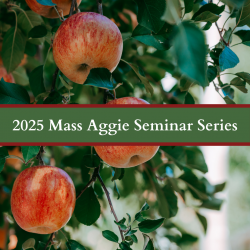 When: Saturdays, February 15 & 22, and March 1, 22 & 29, 10am – 12pm
When: Saturdays, February 15 & 22, and March 1, 22 & 29, 10am – 12pm
Where: Zoom
Registration: $45 for each session. Online registration will close the Friday prior to each seminar. Click here to register, or see the series website, HERE, for information on registering via mail.
The Mass Aggie seminar series is a program for small-scale backyard fruit growers and agricultural enthusiasts of all types that highlights the agricultural expertise and innovation available through the University of Massachusetts Amherst’s Extension Fruit Team. The series provides a platform for small scale backyard growers and agricultural enthusiasts of all types to come together to learn the latest developments in fruit production. Delve into the cutting-edge information shared in our seminars, curated to empower individuals with the tools and knowledge needed to navigate the ever-evolving landscape of agriculture.
- February 15: Insects – Pests and Beneficials – Jaime Piñero
- February 22: Ecological Weed Management in the Home Orchard – Maria Gannett
- March 1: Orchard Sustainability Through IPM – Liz Garofalo
- March 22: Orchard Pruning – Jon Clements
- March 29: Home Orchard Establishment – Jon Clements
See the series website, HERE, for details about each session.
MDAR’s 2nd Annual Agricultural Resource Fairs
Skip online searches and emails! Bring your questions to the to the 2nd Annual Agricultural Resource Fair(s) and talk with us to learn about the programs, grants, technical assistance, and services that will support the growth and sustainability of your farm business. A drop-in event, we will be offering resources throughout the day. Come by at your convenience!
The fairs will also offer a showcase of mini workshops. Presented by the wide variety of supporting organizations, some topics include grants, land preservation, succession planning, value added opportunities, funding programs, crop and pest management and more. A schedule of the workshops and a complete listing of the vendors will be available and posted to the website prior to the events.
MDAR, NRCS, Farm Credit East, FSA, Marketlink for SNAP Signup (2/18 only), MassHire, New Entry, Farm Bureau, NOFA, Land for Good and over 25 more organizations will be in attendance!
- Tuesday, February 18, 9:30am – 3:30pm: Smith Vocational and Technical High School, 80 Locust St, Northampton. Click here for list of exhibitors and presentations.
- Friday, February 21, 9:30am – 3:30pm: Essex North Shore Agricultural and Technical School, 565 Maple St., Danvers. Click here for list of exhibitors and presentations.
Registration: Please register in advance so we have enough snacks for you and your group. Click here to register for either date.
Questions? Contact Mackenzie at Mackenzie.A.May@mass.gov.
611th Meeting of the New England Vegetable & Berry Growers’ Association
When: Saturday, February 22, 2025, 9am to 3:15pm
Where: The Bull Run Restaurant, 215 Great Rd., Shirley, MA, 01464
Registration: Registration free for NEVBGA members, $20 for non-members. Lunch buffet is an additional $25. Please RSVP to 978-423-6694 or secretary@nevbga.org(link sends e-mail) by February 10.
The New England Vegetable & Berry Growers Association (NEVBGA) is the oldest vegetable growers association in America. We support and promote the vegetable and berry industry in New England. The meetings are co-hosted by the NEVBGA and UMass Extension, and open to the public—we look forward to you joining us!
Agenda
- 9:00 - Registration
- 9:30 - Personal Protective Equipment Selection - Al Sorenson, UMass School of Public Health & Health Sciences
- 10:15 - Drone Imaging and Nutrient Management in Small Fruit Operations - Evan Lentz, Assistant Extension Educator, Fruit Production and IPM, UConn. Evan will present the ongoing research project that will help small fruit growers to monitor and diagnose nutrient deficiencies and aid in decision making to correct those issues for greater productivity of small fruit and berry plantings.
- 11:00 - Pest Trends and Patterns from the UNH Trapping Network - Amber Vinchesi-Vahl, Ph.D.Associate State Specialist, Entomology and IPM, University of New Hampshire. Dr. Vinchesi-Vahl will present findings on sweet corn pests, squash vine borer, brown marmorated stink bug and spotted wing drosophila from the UNH Trapping Network and how weather patterns are affecting populations and movement.
- 12:00 - Lunch & Commercial member introductions, Extension updates, and NEVBGA updates
- 1:00 - Grant Writing for Success: How to Prepare for Your Next Grant Opportunity - Abby Hevey Co-Founder of Coastal Food Shed and Manager of Grants & Development
- 1:45 - Using Soil Tests to Optimize Crop Production - John Howell, UMass Extension Emeritus
- 2:30 - Berry Production and The Future of The UMass Small Fruit Program - Jianyu Li, Ph.D. Extension Assistant Professor, Sustainable Fruit and Vegetable Production, Stockbridge School of Agriculture. Dr. Li is the newest addition to the UMass Extension Faculty dedicated to Fruit & Vegetable Production, and will present his research and industry experience in small fruit and discuss plans for future research and grower engagement.
- 3:15 - Adjourn
**Pesticide recertification credits pending for this event.
New Hampshire Vegetable & Berry Growers Association Annual Meeting 2025
When: Wednesday, March 5, 2025, 8:30am – 3pm
Where: Puritan Conference Center, 245 Hooksett Road Manchester, NH 03104
Registration: $35 for NHVBGA members, $40 for non-members. Click here to register and view the full agenda.
Join our membership for a day-long educational meeting. Includes continental breakfast and lunch. UMass Extension's Ali Shokoohi will present on cabbage aphid biology and management.
Vegetable Notes. Maria Gannett, Genevieve Higgins, Lisa McKeag, Susan Scheufele, Alireza Shokoohi, and Hannah Whitehead, co-editors. All photos in this publication are credited to the UMass Extension Vegetable Program unless otherwise noted.
Where trade names or commercial products are used, no company or product endorsement is implied or intended. Always read the label before using any pesticide. The label is the legal document for product use. Disregard any information in this newsletter if it is in conflict with the label.
The University of Massachusetts Extension is an equal opportunity provider and employer, United States Department of Agriculture cooperating. Contact your local Extension office for information on disability accommodations. Contact the State Center Directors Office if you have concerns related to discrimination, 413-545-4800.
